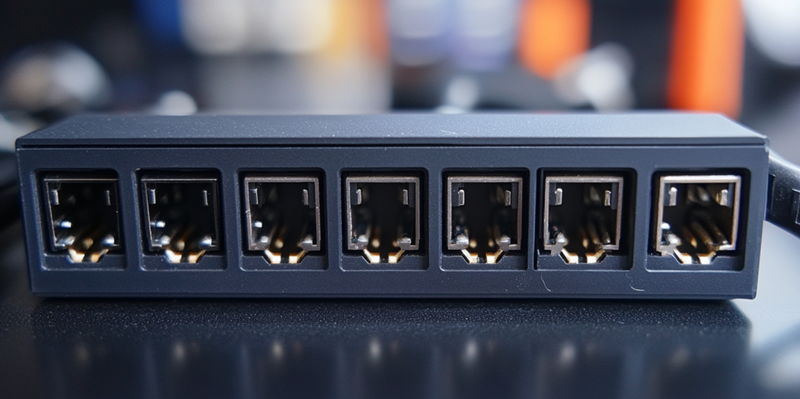The rise of next-gen GPUs from major manufacturers like NVIDIA, Intel, and AMD has led to increased power requirements, creating a necessity for more advanced power connectors. Among these innovations, the introduction of the 12V-2X6 power connector stands out as a significant development in GPU power management. Corsair, a prominent player in the power supply unit market, has confirmed that their upcoming power supplies will support this new connector, addressing previous challenges such as the widespread "burning" problems seen with the older 12VHPWR connectors used in NVIDIA’s Ada Lovelace GPUs. Designed to deliver up to 600W, the 12V-2X6 connector incorporates advanced features like "sense pins" to ensure error-free operation, promising a more robust solution for power delivery.
Next-generation GPUs, including the highly anticipated NVIDIA RTX 5090, which may require a staggering 600W TDP, will push the boundaries of current power supply capabilities. This shift points to a broader trend towards higher wattage PSUs to support not only these potent GPUs but also powerful CPUs and other components within a system. As all major GPU manufacturers are expected to adopt this new standard, the consensus within the industry highlights the role of the 12V-2X6 connector in facilitating safer and more efficient power delivery for high-end graphics cards. This advancement promises to alleviate many of the issues seen in previous generations, setting a new benchmark for GPU power management.
In summary, the transition to the 12V-2X6 power connector marks a pivotal moment in the evolution of GPU technology. By meeting higher power requirements and resolving past issues related to power connectors, this new standard signifies a significant leap forward in power delivery methods. As the industry moves towards embracing this advanced connector, the 12V-2X6 is poised to become the new norm, ensuring that future GPUs operate smoothly and safely while pushing the envelope in performance. The advancements in GPU power management this connector brings about are expected to pave the way for even more powerful and efficient graphics solutions in the years to come.

